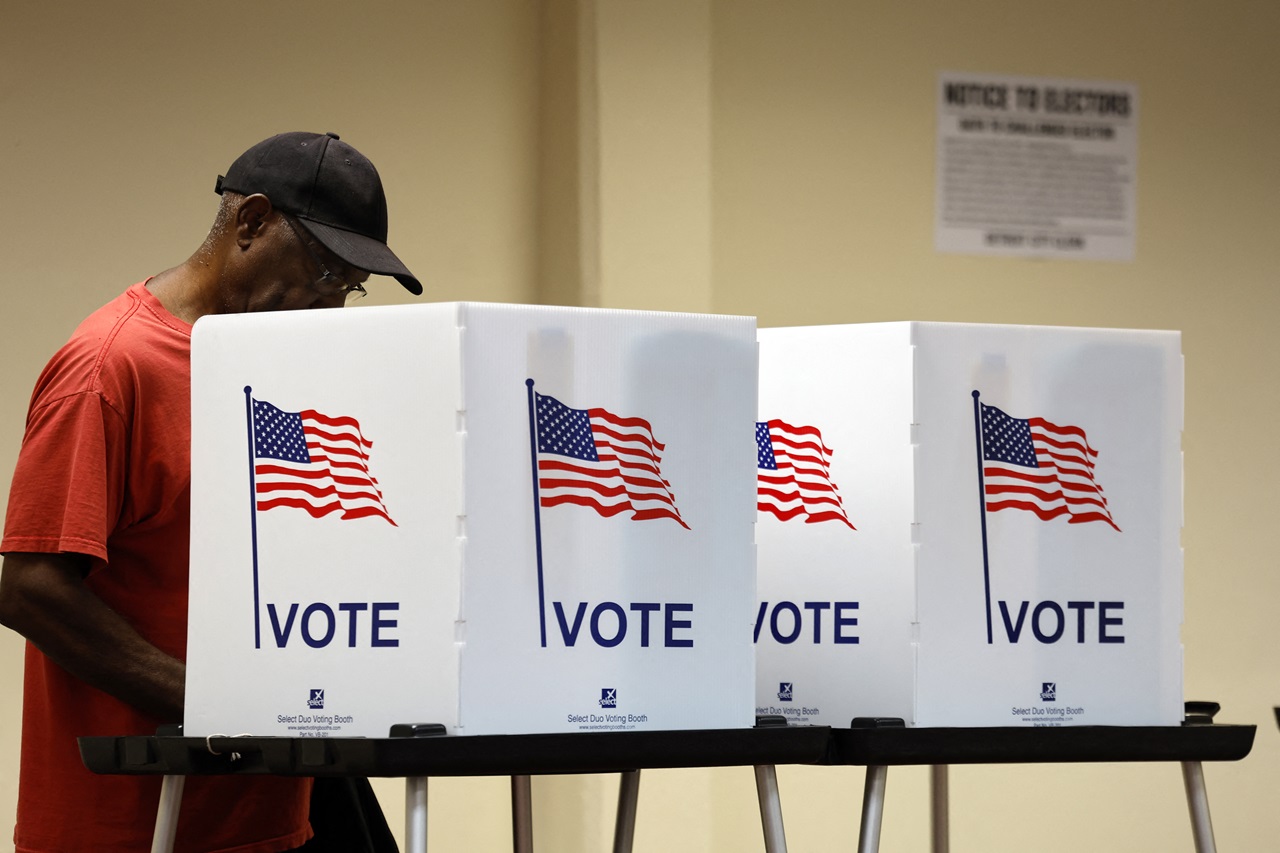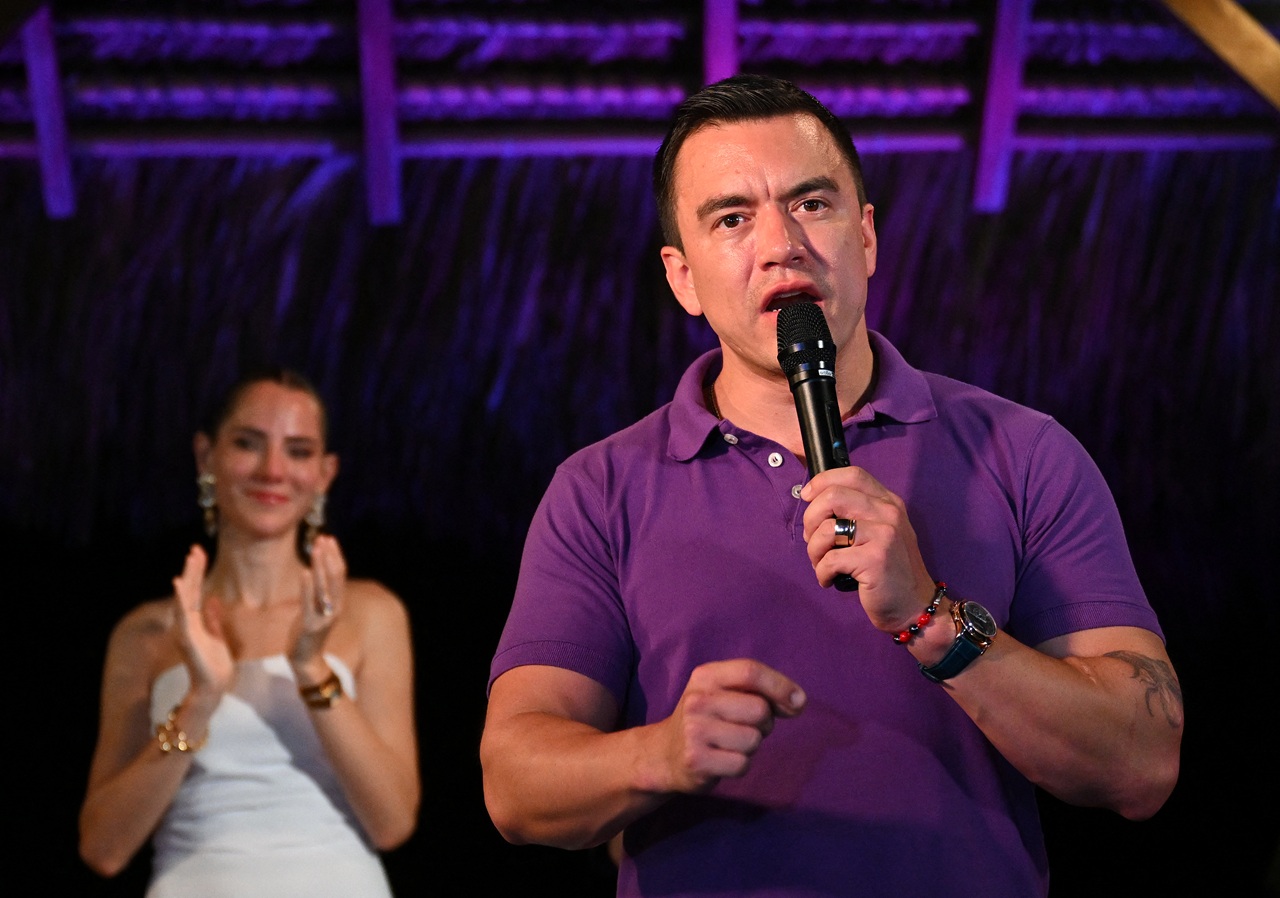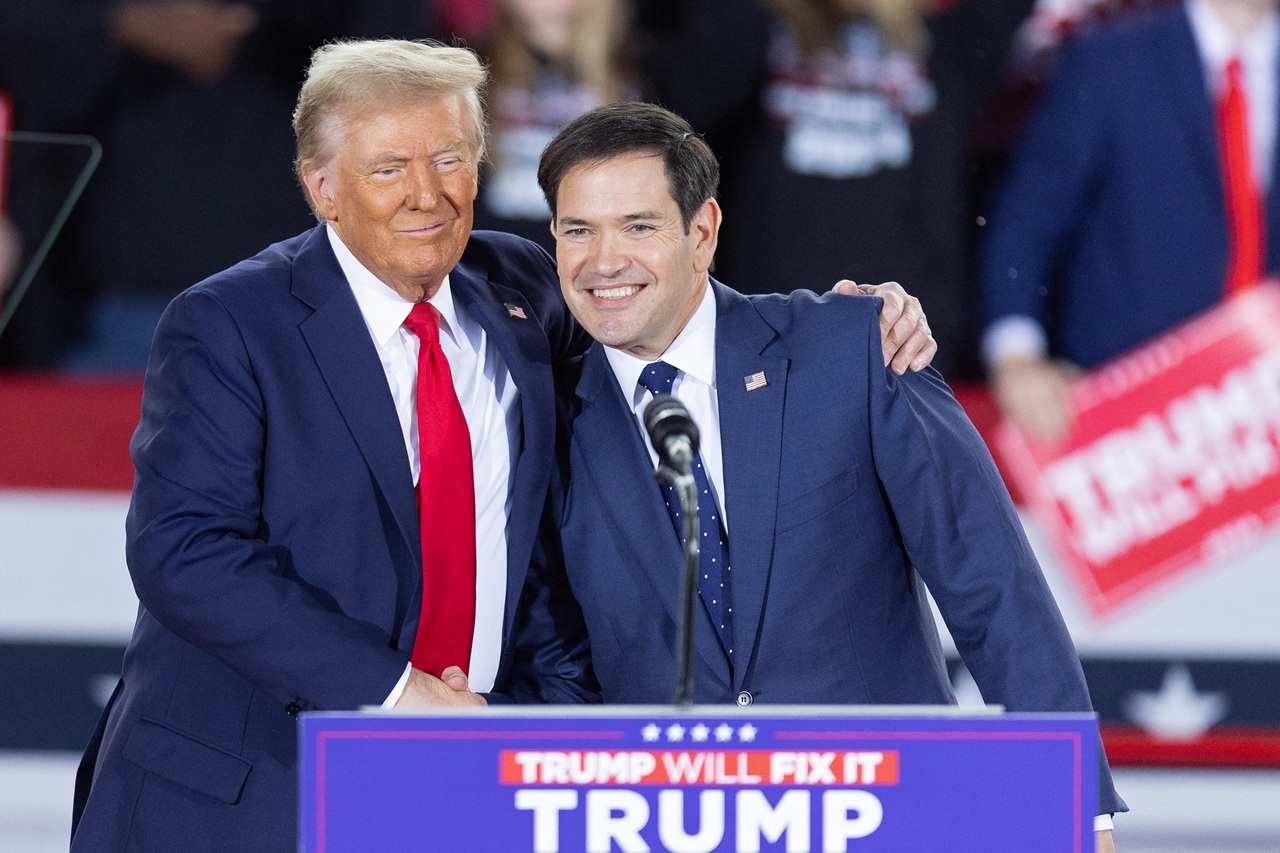
Who is lying? Latinos go into Election Day highly skeptical
The alleged vote of undocumented migrants and the suspicion of possible electoral fraud in the United States are the main misinformation targeting a Latino community that is increasingly prepared to avoid fraud.
"Joe Biden opened the borders to attract voters" and "Kamala Harris is a communist", are some of the false messages circulating in social networks before the race between Republican Donald Trump and Democrat Harris and aimed at the 36.2 million Latino voters, four million more than in the last elections.
But, younger and more informed, the Latino voter can no longer be considered an easy target for misinformation, said Diana Castañeda, vice president of communications for the organization Voto Latino.
In the latest Digital Institute of the Americas (DDIA) survey, released in October, 66% of Latino respondents expressed "uncertainty" or rejected false claims presented to them, compared to 62% in April.
"It is not true that Latinos are more susceptible to misinformation" than the average population, agrees Roberta Braga, director of DDIA.
The analyst related this skepticism to the emergence of new verification organizations and resources invested to educate and encourage the electoral participation of the second largest ethnic group in the United States.
Castañeda, meanwhile, argued that the language barrier diminishes the strength of disinformation, because when translated from English to Spanish, misleading claims "lose meaning". However, the fact that disinformation is transposed into Spanish "is worrisome," he said.
While they are able to discern the misinformation coming their way, the community still faces a shortage of credible messengers, details Randy Abreu, policy advisor for the nonprofit National Hispanic Media Coalition (NHMC).
Predominant Narratives
The economy is the issue of most concern to this population this election cycle, according to the latest poll released by the non-profit civil rights organization Unidos US. Disinformers are capitalizing on this concern to spread false or misleading narratives.
CONTENIDO RELACIONADO
"In border states like Texas, Florida and Arizona, we see too much misinformation about Kamala being a communist, comparing the aid her administration has provided to the Latino community to what Fidel Castro once offered in Cuba," Castañeda said.
Latinos are also the focus of claims that try to discourage them from voting, such as that the electoral system is unreliable and that "one vote" will not make a difference. Braga warned that a resurgence of the voter fraud narrative could be expected if some voting machines fail, or if results are not available on the night of Nov. 5.
Also, he noted, the false claim that non-citizens are voting and that the Biden administration opened the borders to let in new voters is already circulating, claims already analyzed by AFP's verification team, as is Trump's replicated claim that Haitian immigrants in Springfield, Ohio, eat pets.
According to Abreu, these messages have as a common characteristic that they seek to impact the emotions of the recipients. These falsehoods could tip the balance in favor of one candidate or the other, in a race in which polls show that the Latino vote favors Harris.
According to the latest Pew Research Center poll that takes into account this electorate, 57% of Latinos registered to vote support Harris, while 39% support Trump.
© Agence France-Presse by Nahiara S. ALONSO










DEJE UN COMENTARIO: